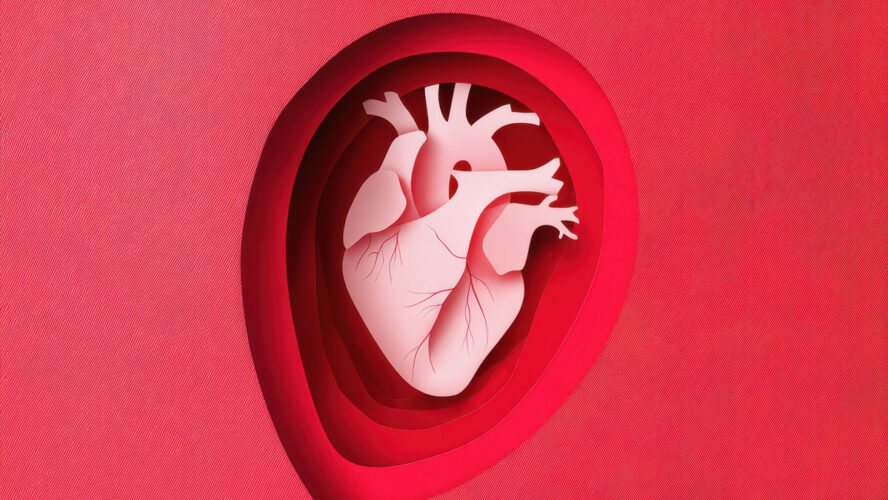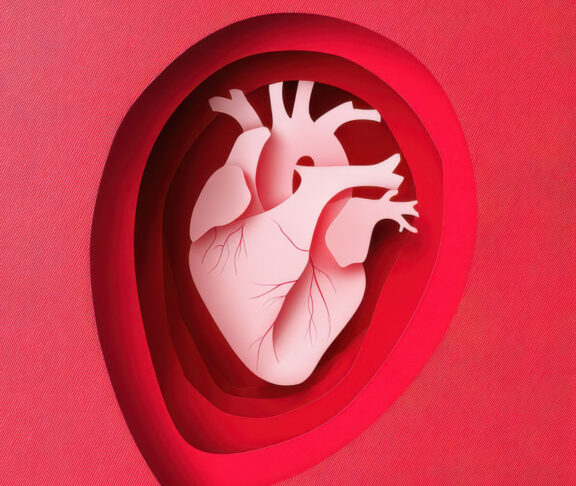
Jennifer Carroll MacNeill
Minister for Health
We are making significant strides in tackling cardiovascular disease — one of our most urgent health challenges.
Thanks to sustained efforts and innovation, we’re seeing real progress. My Department and I remain committed to delivering a comprehensive national cardiovascular strategy.
Cardiovascular disease burden
Cardiovascular disease sadly remains a leading cause of death, with nearly 9,000 lives lost annually, and those left behind devastated by the premature death of a mother or father, grandparent or close relative, when the science says it is largely preventable. Up to 80% of cases can be avoided through healthier lifestyle choices and risk factor detection.
However, there are reasons for optimism. Heart attack rates are falling, thanks to earlier detection, healthier living and rapid emergency response. In 2022 and 2023, nearly 80% of patients with acute heart attacks who went directly to a specialised centre received timely treatment. Stroke care has also improved, with faster assessments and quicker access to brain scans.
Heart attack rates are falling, thanks
to earlier detection, healthier living
and rapid emergency response.
Modernising cardiovascular care
In April, I visited St. Vincent’s University Hospital to see the impact of their innovative Virtual Ward — a consultant-led, nurse-managed service that allows patients with heart failure and other chronic conditions to receive acute care at home. Since its launch in July 2024, it has treated over 523 patients, saved 3,820 bed days and significantly improved outcomes.
Ireland is aligned with EU efforts to prioritise cardiovascular health. Our National Review of Cardiac Services and the National Stroke Strategy is our roadmap for modernising care. The GP Chronic Disease Management (CDM) Programme is delivering measurable results.
The third report of the Programme, published in May 2025, showed that by 31st December 2023, 97% of GP practices nationwide were signed up to deliver the Programme and over 405,000 patients were enrolled to the CDM Treatment Programme. Of those patients, 14% of smokers had quit by their third visit, and average blood pressure levels are falling across the cohort.
Technology is enhancing care through advanced imaging virtual wards and AI using decision support software to guide acute stroke treatment. Community Cardiovascular Specialist Teams are reducing hospital admissions by delivering care closer to home. Public awareness campaigns like FAST are helping people recognise stroke symptoms earlier.
Equitable heart health for all
We know women have specific cardiovascular risk factors and can experience different symptoms from men, which is why we have funded nine innovative projects through the Women’s Health Action Plan.
In March, I launched three UCD-led projects in partnership with St. Michael’s and St. Vincent’s hospitals. These initiatives aim to personalise risk assessments and identify early signs of heart failure. These projects will deliver significant evidence, helping us define and design gender sensitive cardiac services that increase equity in Irish cardiovascular health.
Cardiovascular health is important to everyone. Through innovation, prevention and continued investment, we are building a healthier future for all.

